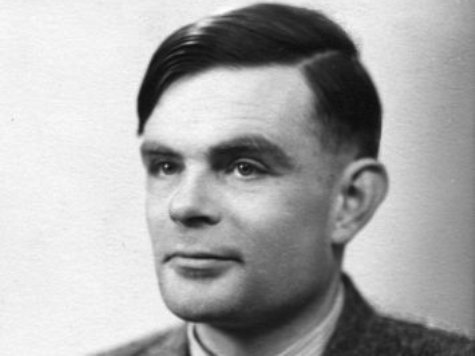A super-computer has passed the iconic Turing Test by fooling humans into thinking it was a 13-year-old boy.
The machine, one of five tested at the Royal Society in London, achieved the feat during a text-based conversation with judges who had to guess whether it was human, according to the Telegraph.
According to the test set by mathematician and World War Two code breaker Alan Turing, a computer must dupe at least 30 percent of human interrogators into believing it is human. Turing said that if it appeared indistinguishable to humans, it must be “thinking”.
No computer has previously passed the test, organisers from the University of Reading said, but “Eugene Goostman”, a programme developed to simulate a 13-year-old boy, fooled 33 percent of judges into thinking it was human.
Professor Kevin Warwick said: ”In the field of artificial intelligence there is no more iconic and controversial milestone than the Turing Test.
”It is fitting that such an important landmark has been reached at the Royal Society in London, the home of British science and the scene of many great advances in human understanding over the centuries. This milestone will go down in history as one of the most exciting.”
Professor Warwick added that previous claims that other machines had passed the Turing Test were not accurate as they had only used pre-selected questions or topics.
”A true Turing Test does not set the questions or topics prior to the conversations.
”We are therefore proud to declare that Alan Turing’s test was passed for the first time.”
Creator Vladimir Veselov said: ”It’s a remarkable achievement for us and we hope it boosts interest in artificial intelligence and chatbots.”
The event on Saturday took place on the 60th anniversary of the death of Dr Alan Turing. He did much to lay the foundations of modern computer science and also helped break the German “enigma” code during the second world war.
Dr Turing died, however, through cyanide poisoning in an apparent suicide. He had recently been chemically castrated after being convicted of “gross indecency” with a 19-year-old man under anti-homosexuality laws that existed at the time.
He was given a posthumous Royal Pardon last December after a long campaign.

COMMENTS
Please let us know if you're having issues with commenting.